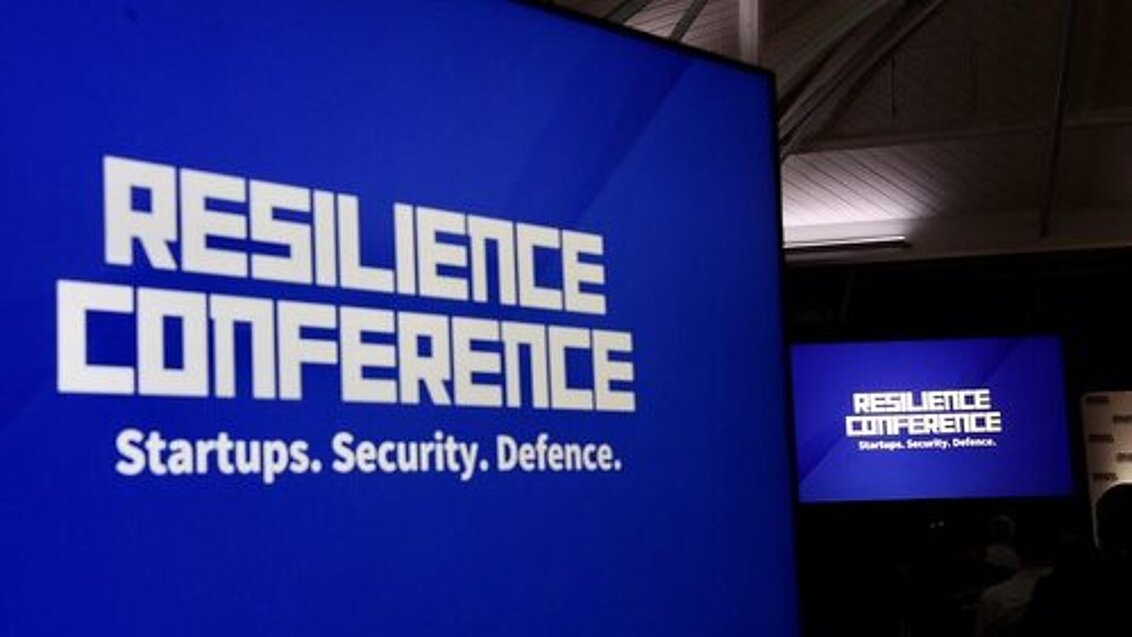During two days of in-depth discussions at the Resilience Conference 2024 in London, leading government officials, venture capitalists, and startup founders from NATO countries and their partners debated the challenges facing Western democracies. One of the main topics was cyber resilience, which, as emphasized by experts, requires a comprehensive approach.
Cyber resilience must be embedded in the entire digital ecosystem, encompassing networks, software, hardware, as well as collaboration between administration, industry, and local governments. In this context, the SOCCER project, dedicated to building digital resilience in the academic and research sectors, deserves special attention.
In the face of the increasing number of ransomware attacks, particularly targeting educational institutions, the role of Security Operation Centres (SOCs) becomes invaluable. SOCs are responsible for monitoring, detecting, and responding to cyber threats. However, it’s not just about defense – SOCs also play an integrating role, connecting the academic sector with the European cybersecurity ecosystem, strengthening our resilience against hybrid threats, especially in the context of current geopolitical tensions, such as Russia's aggression against Ukraine.
As emphasized at the conference, strengthening cyber resilience is not only a technological challenge but also an organizational one. It requires coordinated actions between the public and private sectors, backed by strong political support, as recognized at both NATO and European Union levels.
Izabela Albrycht, representing the Cybersecurity Center at AGH University of Krakow, highlighted the importance of cyber resilience in the context of protecting academic institutions and businesses from industrial espionage. In the rapid technological race, protecting companies and universities against cyber and physical threats is essential. This challenge requires both kinetic and digital protections.
In times of geopolitical tensions and increasing cyberattacks, it is crucial to protect our digital innovations by building secure systems from the ground up. Unsecured technologies pose significant risks to customers, investors, and entire states, as they can be weaponized, potentially transitioning us from the concept of mutual deterrence to the reality of mutual destruction in cyberspace.
The SOCCER project plays a vital role in protecting universities and research institutions from complex cyberattacks, ensuring the continuity of their critical activities and contributing to the overall security of the European Union.
